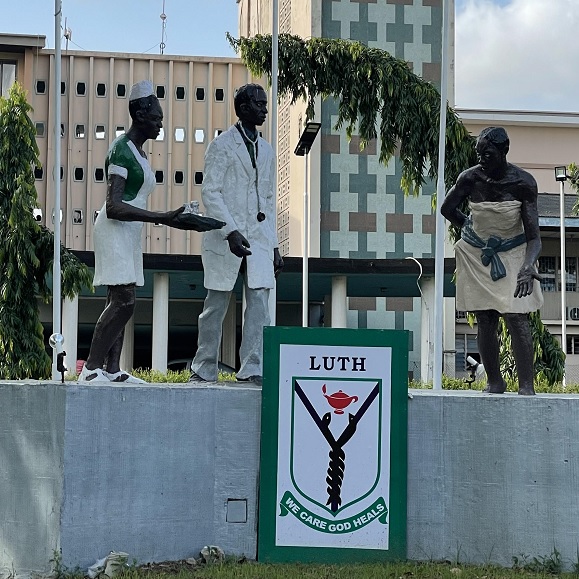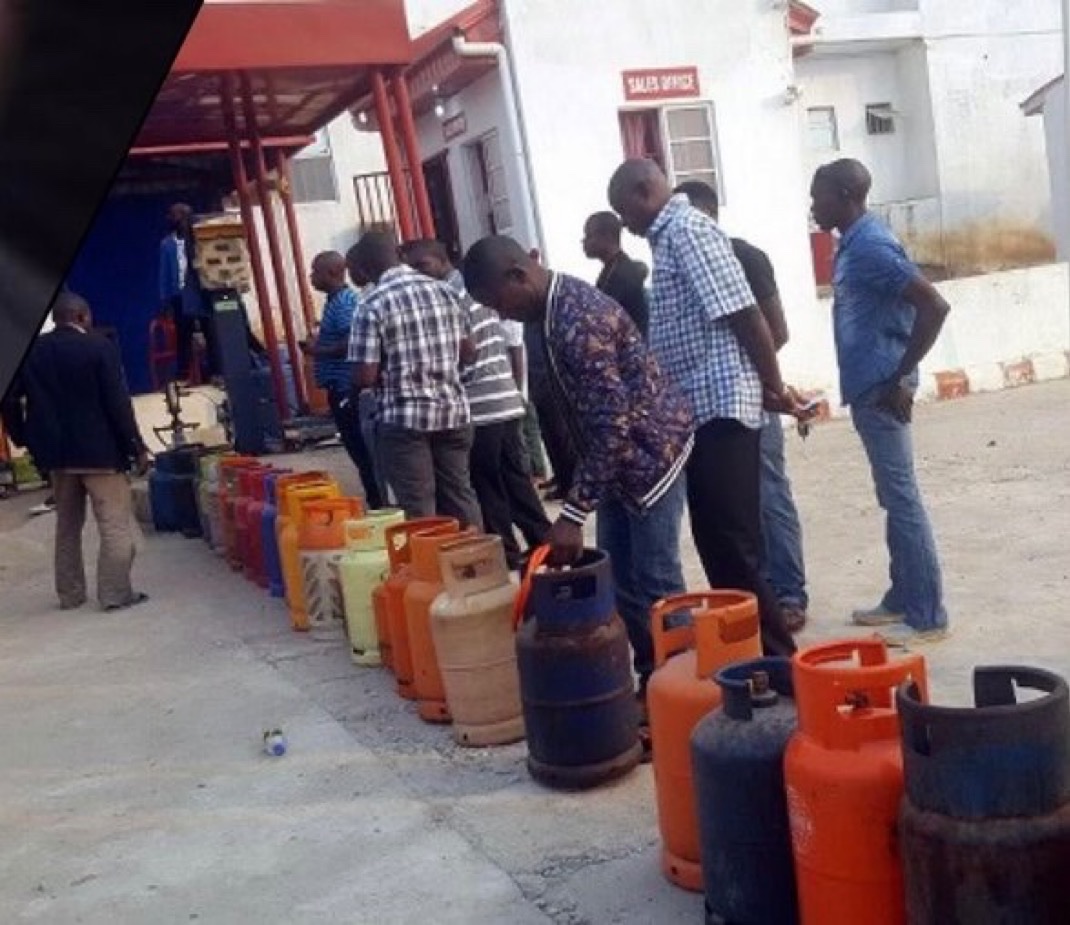Hospitals across Lagos have been thrown into disarray as the ongoing strike by resident doctors enters its second week, paralyzing healthcare services and leaving thousands of patients stranded. The strike, declared by the National Association of Resident Doctors (NARD), has led to cancelled surgeries, prolonged waiting times, and suspended outpatient consultations in major health institutions across the state.
Widespread Disruption in Lagos Hospitals
From the Lagos University Teaching Hospital (LUTH) to the Lagos State University Teaching Hospital (LASUTH), the National Orthopaedic Hospital, Igbobi (NOHIL), and the Federal Neuro-Psychiatric Hospital, Yaba — the story remains the same: wards are nearly deserted, clinics are empty, and patients are in distress.
Only a skeletal number of senior doctors and nurses are reportedly on duty, struggling to handle the overwhelming number of patients who still troop to hospitals in search of medical help. Many critical cases have been turned away, while scheduled surgical operations have been postponed indefinitely.
“I have been coming here since last week to see a doctor for my son’s surgery, but they told me the doctors are on strike,” lamented a mother of a child awaiting orthopedic surgery at Igbobi. “We have waited for years for this operation, and now it has been cancelled again. It’s heartbreaking.”
The Reason Behind the Strike
The resident doctors’ union announced an indefinite strike on October 27, 2025, over what it described as “longstanding neglect and injustice” by the government. According to the association, its members are being owed over ₦48 billion in unpaid allowances, alongside complaints of irregular salary payments, poor welfare conditions, and the government’s failure to fulfill previous agreements.
Leaders of the association stressed that several reminders and ultimatums were issued to the government before the strike was declared. However, with no tangible response forthcoming, the doctors resolved to down tools in protest.
“The government has pushed us to the wall,” one of the striking doctors explained. “We have families to cater for and lives to save, but we cannot continue working under these deplorable conditions. Many of us have not received some of our statutory allowances for months.”
Patients Bear the Brunt of the Crisis
While the doctors stand firm in their demands, the impact of the strike has been devastating for patients across Lagos. At LUTH, a visit to the wards revealed several abandoned beds and long queues of patients hoping to be attended to by the few consultants still on ground.
Outpatient departments were filled with worried faces, while emergency units appeared overcrowded and understaffed. Several patients said they had spent hours without being seen by a doctor, with some even opting to return home untreated.
“My surgery was scheduled for Monday,” said a middle-aged man waiting at LASUTH. “But the nurses told me it has been postponed indefinitely. I don’t even know when it will happen now.”
Government’s Silence Sparks Anger
The continued silence from relevant government authorities has drawn widespread criticism from both healthcare professionals and members of the public. Health analysts warn that the ongoing standoff could worsen Nigeria’s already fragile healthcare system if urgent action is not taken.
Observers believe that beyond the immediate strike, the underlying problem lies in the government’s approach to medical staff welfare and health sector funding. The poor working conditions and inconsistent payments have, over the years, pushed many Nigerian doctors to migrate abroad in search of better opportunities — a trend commonly referred to as “brain drain.”
This latest strike, many argue, is a reflection of that deeper crisis — one that could have long-term consequences for patient care and medical training in Nigeria.
Hospitals Under Pressure as Services Collapse
Reports from across Lagos show that emergency wards are overstretched, with only consultants and nurses attempting to manage the influx of patients. In some hospitals, elective surgeries have been suspended, and new admissions are being limited.
At the Federal Neuro-Psychiatric Hospital, Yaba, families of mentally ill patients complained that the absence of resident doctors has led to slow responses and delayed treatments. Similarly, at NOHIL Igbobi, orthopaedic surgeries have been put on hold, causing panic among trauma patients and accident victims.
In LASUTH, the usually busy outpatient wing is now deserted. A nurse on duty, who pleaded anonymity, admitted that staff on ground are overworked:
“We are doing our best, but there’s little we can do without the resident doctors. The workload is overwhelming.”
Health Experts Call for Immediate Intervention
Health policy experts and professional groups have called on the Federal and State Governments to immediately open dialogue with the striking doctors to avoid further deterioration of the health system.
Dr. Timothy Adewale, a public health analyst, noted that prolonged industrial actions in the health sector often lead to avoidable deaths and loss of public confidence in government institutions.
“Each time there’s a strike, it’s the patients that suffer the most,” he said. “The government must act swiftly to end this impasse. Nigeria cannot afford to keep losing doctors and delaying critical surgeries.”
Possible Economic and Social Impact
Beyond its health implications, the strike is also affecting the economy. Many patients who require medical clearance for travel or employment have had their plans disrupted. Families are spending more on private healthcare facilities, which are often expensive.
The closure of major teaching hospitals has also interrupted medical training and academic activities for interns and house officers, raising concerns about the future of medical education in the country.
NARD’s Demands at a Glance
| Key Issues | Resident Doctors’ Demands |
|---|---|
| Unpaid Allowances | Settlement of ₦48 billion arrears owed to members |
| Salary Irregularities | Prompt and full payment of salaries across all federal and state hospitals |
| Welfare and Conditions | Improved working conditions, hazard allowances, and insurance benefits |
| Government Engagement | Immediate and sincere dialogue to resolve long-standing grievances |
A Call for Urgent Resolution
As the strike continues, there is growing fear that more lives could be lost if no agreement is reached soon. Healthcare observers have urged both parties to prioritize the welfare of patients above all else.
While the government faces increasing pressure to act, the resident doctors insist that their action is not merely for personal gain but for the improvement of the healthcare system as a whole.
“We want better conditions, not just for ourselves but for the patients we serve,” a representative of NARD stated. “A motivated doctor saves more lives.”



